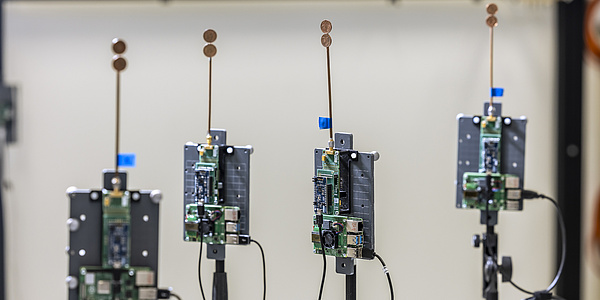Fairness in AI: Study Shows Central Role of Human Decision-Making
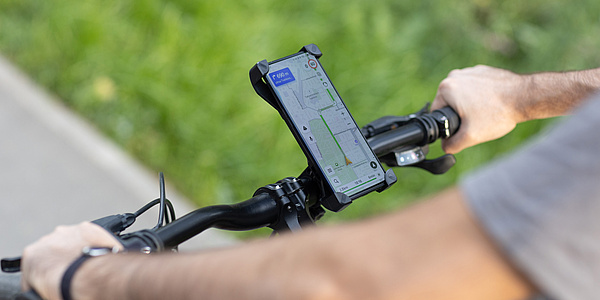
In addition to helping in a practical way, recommendations based on AI should above all be fair. A new study by researchers at TU Graz, Uni Graz and the Know Center shows how this can be achieved.
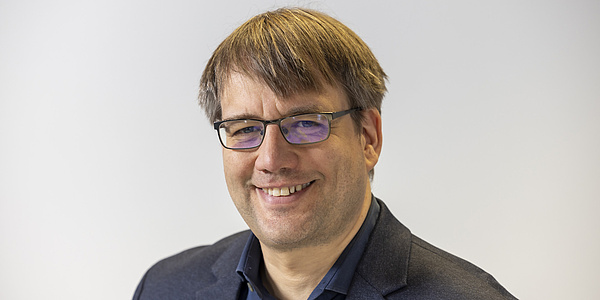

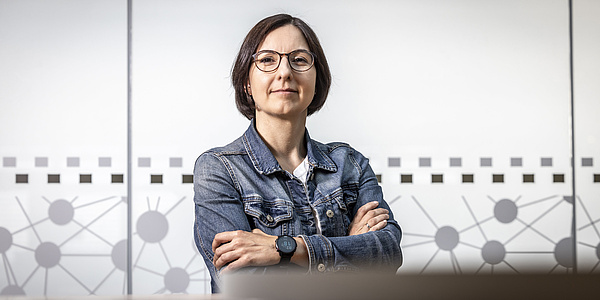


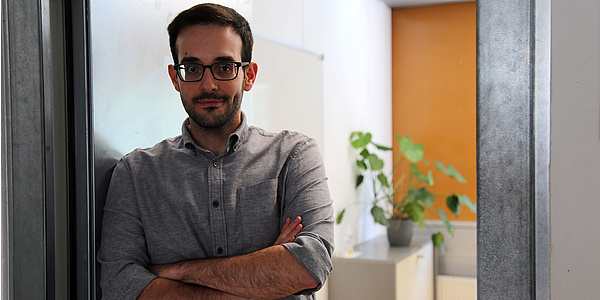
![[Translate to Englisch:]](https://www.tugraz.at/fileadmin/_processed_/d/4/csm_banner2-lex-by-tugraz_b893822f2d.jpg)
